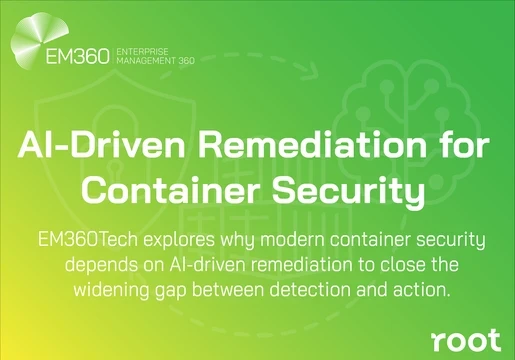At the beginning of the year, when listicles emerged of the "Top 5 Enterprise Trends to Expect in 2020", no one could have anticipated that remote working would be the trend de rigeur in this way. The COVID-19 outbreak caught entire nations by surprise, many of which had to scramble to prepare for lockdown. However, many businesses would quickly learn that the show could indeed go on. In a collaborative effort, businesses took advantage of the numerous offerings available on the market to enable seamless remote working. Employees began communicating better. Internet providers upped their game to ensure remote workers could carry out tasks without interruption to their connection. In other words, everyone is doing their bit. However, this unfortunately extends to malicious actors, who, even despite a pandemic, do not relent. Thus, businesses must consider ways to keep cyber criminals out and stop them taking advantage of this newly ubiquitous style of working.

Securing remote access
Many organisations will have orchestrated remote access to business networks for their employees. For a large portion of them, this entails the use of a virtual private network (VPN). These work by creating a virtual interface for users to interact with, as if they are connected directly to their work computer. Not only do VPNs help companies with 'business as usual', they also provide a great way to secure the network perimeter by establishing secure connections. VPNs can only allow authorised users to gain access to specific networks. It's so private and secure that hackers and even governments can't it. This capability is key; a Clark School study concluded that malicious actors attempt a cyber attack every 39 seconds. Thus, organisations should consider 'always-on' VPNs above all to minimise the attacker's chances of success. What's more, VPNs provide end-to-end encryption of data traffic. This encompasses all internal, sensitive information, including that of your clients'. Of course, this offers great peace of mind to organisations which are client-facing, as the reputational damage of an attack would be irreparable. Of course, different remote access VPNs will also boast different built-in capabilities. Some will have public WiFi protection (less so a problem now given most of us are working from home), while others have, for example, a ' switch'. VPN offerings have matured to deliver a wide range of capabilities, meaning there is something for every organisation's unique needs.
Want to know more about the security implications of remote working? Check out this article here.







Comments ( 0 )